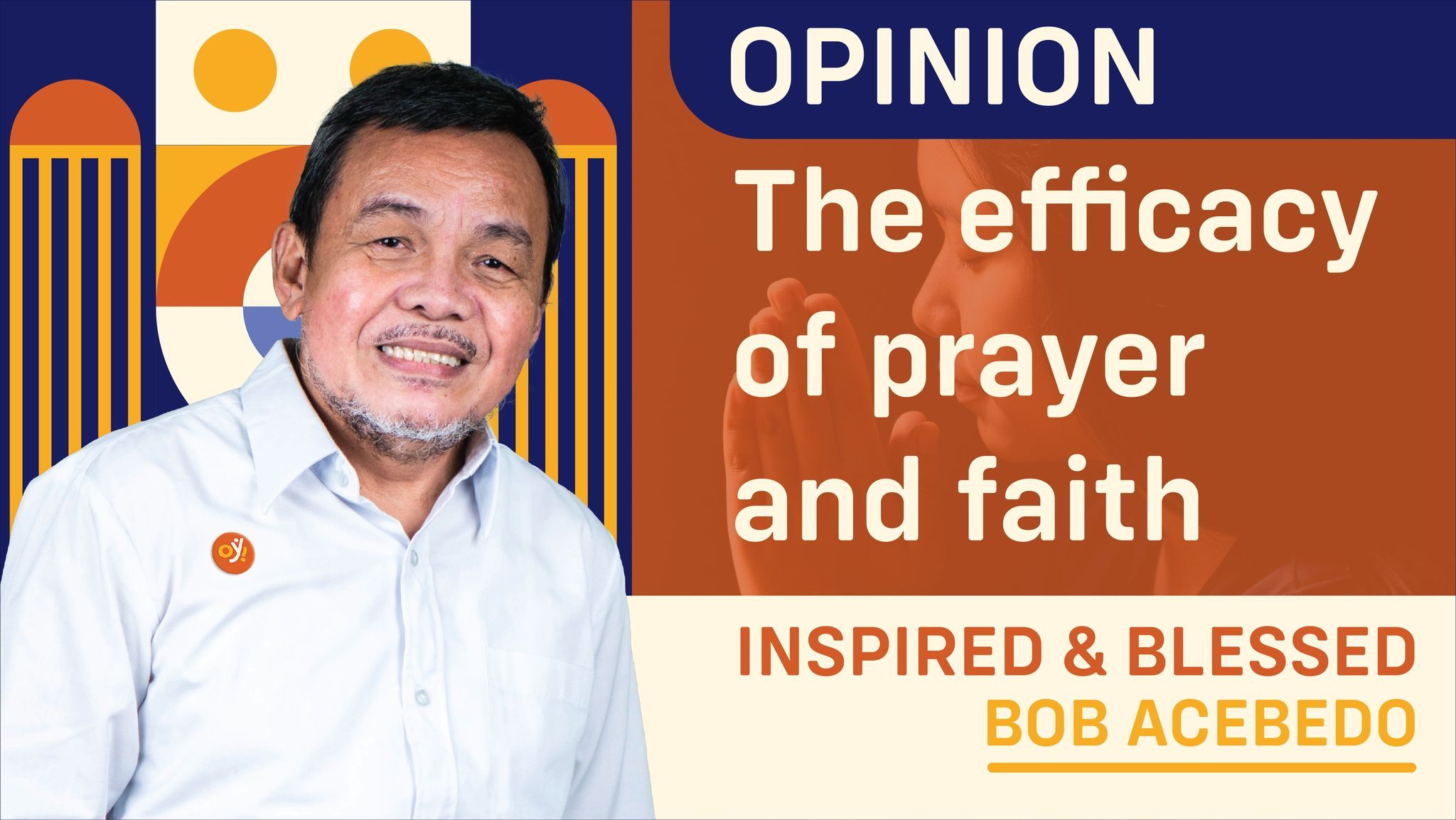Faith, or spirituality, is the more generic term which can involve faith in oneself and/or belief in God. People express their faith or spirituality in a variety of ways, but prayer is the most common practice.
But, regardless of what we are praying for, what are the beneficial effects of prayer and/or believing – scientific or otherwise.
Let us examine the ways.
First, is the beneficial correlation between faith or prayer and physical health.
Dr. Herbert Benson, director emeritus of the Benson-Henry Institute for Mind Body Medicine and professor at Harvard Medical School, in his WebMD article, suggested that “prayer, because of its repetitive nature in sounds and words, promotes healing effects.”
Benson, one of the first Western physicians to bring spirituality and healing into medicine, reported that “his studies over the past 30 years indicate that all forms of prayer – such as the Rosary or the Buddhist meditation – evoke a relaxation response that quells stress, quiets the body and promotes healing.”
Another particular scientific proof of the efficacy of intercessory prayers for hospital patients is reported by psychologist and best-selling author Dr. Nicholas Kardaras in his May 2011 article in psychologytoday.com: “I discovered that there was actually an incredible amount of research that indicates that consciousness can manifest independent of the body. In addition, there have been controlled double-blind experiments that have shown that INTERCESSORY PRAYER OR HEALING PRAYER AT A DISTANCE YIELDS POSITIVE RECOVERY OUTCOMES FOR BOTH CORONARY AND ONCOLOGY PATIENTS (underscoring mine).”
Second, regardless whether we get or don’t get what we are praying for, it has been shown that prayer can have collateral effects or benefits for the one praying: it calms the spirit, clears the mind, and brings peace. It also provides us transcendent articulation of joy, gratefulness, and relief.
Third, and worth underscoring, the efficacy of prayer is founded not solely on God but, of equal importance, on our faith, free choice, and cooperation. This theological tenet has been laid down by St. Augustine when he said: “Deus non salvabit te sine te (God cannot save you without you)” – implying, hence, that God’s saving act cannot be effected without human free choice and cooperation.
Gregg Braden, in his book, “The Wisdom Codes” (Hay House, 2020), explains the science of how prayer – which to him is embodied more in the “feeling”, not words– works through our “participation” in the outcome.
“We are not trying to convince God to make something happen. We are recognizing that we can participate in the creation of the outcome, and that we’re actually a part (underscoring mine) of that outcome. The science for this comes together in a very beautiful way. We know that when we have certain feelings, we elicit certain chemical changes in our bodies. We create what’s called a neuropeptide, a chemical equivalent of that emotion.
"Those neuropeptides elicit changes on the genetic level. They actually up regulate (switch on) or down regulate (switch off) genes, which communicate in a nonphysical way with our environment. In the laboratory, we’ve seen human emotion influence DNA, and then DNA influence the stuff matter it is made of. So changing our emotion changes our DNA and influences what’s happening in the world around us, which is how be become part of the solution to the healing we are asking for.”
Well, be it feeling, emotion, genes, participation, cooperation… one thing is clear, it’s faith that spells the difference, one that can “move mountains” – faith in God, faith in ourselves, faith in our common humanity.
Matthew 17:20 said it right: “Truly I tell you, if you have faith as small as a mustard seed, you can say to this mountain, ‘Move from here to there,’ and it will move. Nothing will be impossible for you.”
#InspiredAndBlessed #BobAcebedo #TheEfficacyOfPrayerAndFaith #Prayer #Faith #OpinYonColumn #OpinYon #WeTakeAStand
